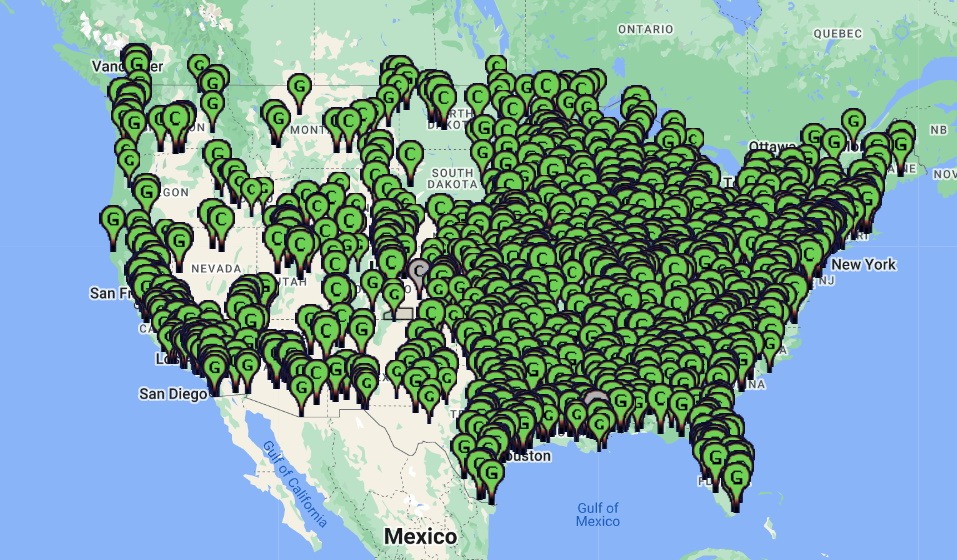It’s good news that IBM is helping Burlington, Vermont lower its impact on the climate. [“IBM Wants to Help Burlington Reduce Its Carbon Footprint,” Seven Days, March 27]. Unfortunately, the city’s refusal to fix glaring errors in its Climate Action Plan prevents an honest look at Burlington’s actual contributions to runaway global climate change.
The Burlington Climate Action Plan reports the entire city’s carbon dioxide emissions for 2007—from all sources—at 397,272.4 tons. Yet the U.S. Environmental Protection Agency calculates the CO2 emissions of McNeil’s Generating Station alone—the 50 megawatt biomass incinerator supplying roughly one-third of the city’s electricity—at 444,646 tons per year. A closer look reveals that the city only counted 2% of McNeil’s emissions from the 30 cords of wood it burns per hour from New York and Vermont forests along with a varying percentage of natural gas (including fracked gas).
In a May 2012 email to the city, William Keeton, Professor of Forest Ecology and Forestry Chair at UVM’s Rubenstein School, wrote that “we cannot assume biomass energy to be emissions neutral,” recommending that Burlington acknowledge “the high likelihood of net positive emissions during the near term so critical for avoiding irreversible high magnitude climate change.”
In a September 2012 blog post, 350 Vermont urged Burlington to account for the “actual carbon dioxide smokestack emissions from the McNeil Station for the wood and gas burned, as calculated by the U.S. Environmental Protection Agency.”
It’s very possible for Burlington to emerge as a leader in the fight against climate change. But how can we reduce our future carbon footprint if we won’t even acknowledge our current one?

